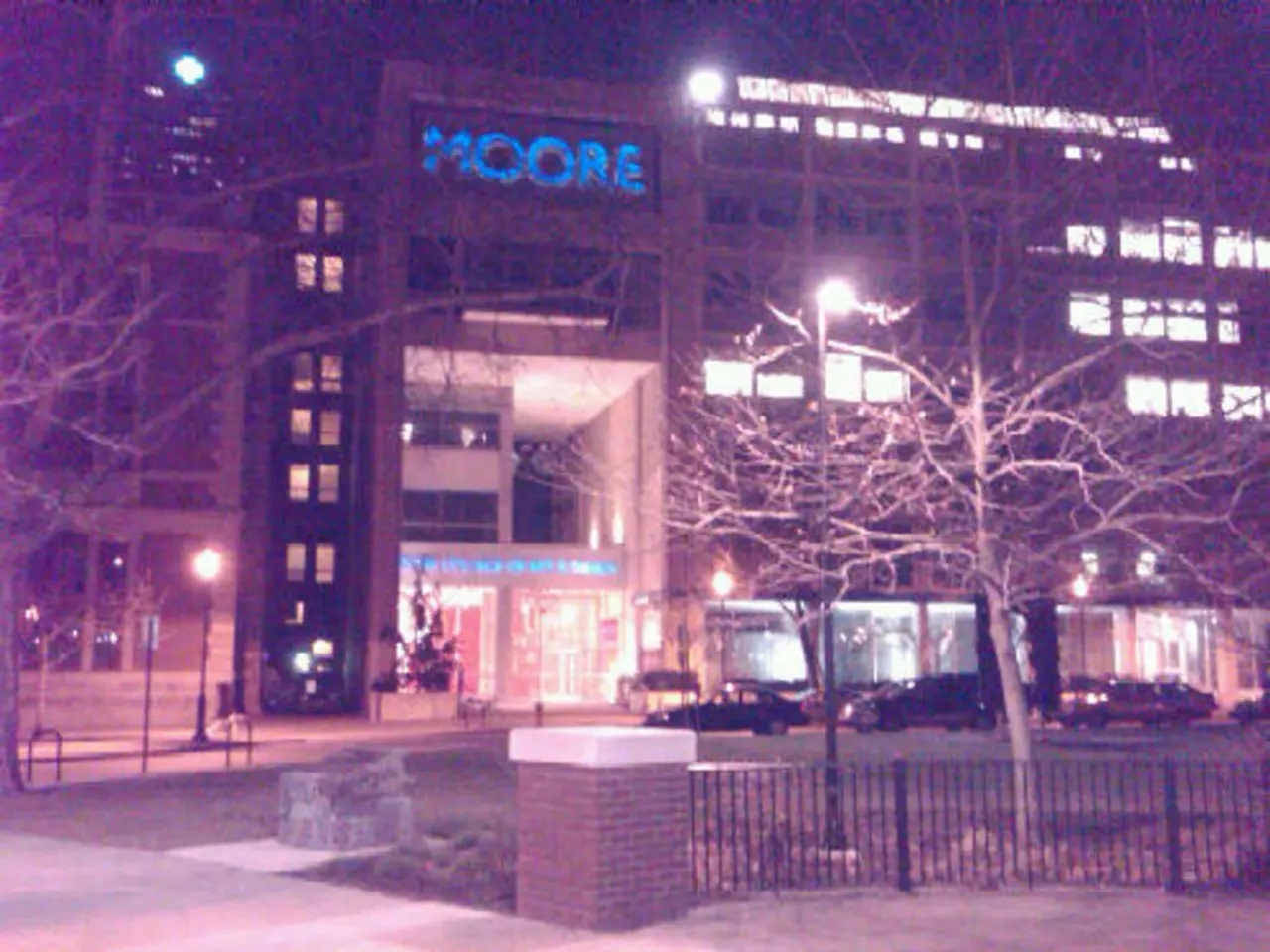Residing Among the Aged Population
Germany is taking significant strides to ensure that the elderly population can live independently and comfortably in their later years. The country's strategies encompass various aspects, including barrier-free housing, caregiver support, and state-funded care facilities.
Barrier-Free and Social Housing
The federal government is a strong advocate for housing projects that prioritize barrier-free, accessible accommodations for the elderly and those with disabilities. These dwellings, often part of "social housing" schemes, are offered at below-market rents to vulnerable groups, ensuring affordability and accessibility.
Renovations and urban planning efforts since the 1970s have focused on improving the physical environment to be more elderly-friendly, with pedestrian zones and historic building refurbishments. For instance, assisted senior rental apartments, offering security and nursing or housekeeping assistance, are available in cities like Stuttgart.
Caregiver Support and Services
Care for the elderly is an essential part of Germany’s healthcare system, and personal assistance services are increasingly provided to support independent living. Barrier-free, fully accessible residential locations offer varying levels of supervision and assistance, from group homes with 24/7 support to independent living complexes with optional personal assistance. These services are accredited by rehabilitation and home care commissions to ensure standards.
Caregiver support includes help with daily living activities and nursing care, aiming to keep seniors independent as long as possible.
State-Funded Care Facilities and Market Trends
Germany invests about 1.5% of its GDP in long-term care, with state subsidies maintaining and expanding care home capacity. The elderly care sector is changing structurally, with increased involvement of private investors due to secure state subsidies. However, there are concerns about quality and staffing as for-profit motives rise.
Despite rising costs, state-funded and subsidized care homes remain a backbone of care services for seniors who require institutional support.
In North Rhine-Westphalia, personal contributions to nursing home costs are disproportionately high. SPD state parliamentarian Sonja Bongers calls for the establishment of a program to enable comprehensive barrier-free housing. Similar model projects exist in Berlin, Brandenburg, and Mecklenburg-Western Pomerania.
As the proportion of the state's population over 65 is expected to rise to 27% by 2040, care facilities and services for the elderly need increased state support to function effectively. The state government in North Rhine-Westphalia is urged to address the issue of heavy personal contributions to nursing home costs.
Successful projects for care and rehabilitation of caregivers can be adopted from other federal states, such as the 'Community Nurse Plus' project in Rhineland-Palatinate. The Bertelsmann Foundation has calculated this increase.
In conclusion, Germany’s strategies combine financial support for accessible housing, publicly subsidized care homes, and comprehensive caregiver services designed to uphold elderly independence. Continued efforts address affordability, accessibility, and quality of care in the context of demographic shifts and economic pressures.
- To further ensure comfortable living for the elderly, the federal government in Germany supports housing projects that focus on barrier-free and accessible accommodations, often included in social housing schemes, which are offered at below-market rents.
- As part of the healthcare system, personal assistance services are offered in Germany to support independent living among seniors, with state-funded care facilities providing institutional support for those who require it.
- As the proportion of Germany's population age 65 and over is projected to reach 27% by 2040, there is a growing need for increased state support for elderly care facilities and services, especially in addressing heavy personal contributions to nursing home costs.




